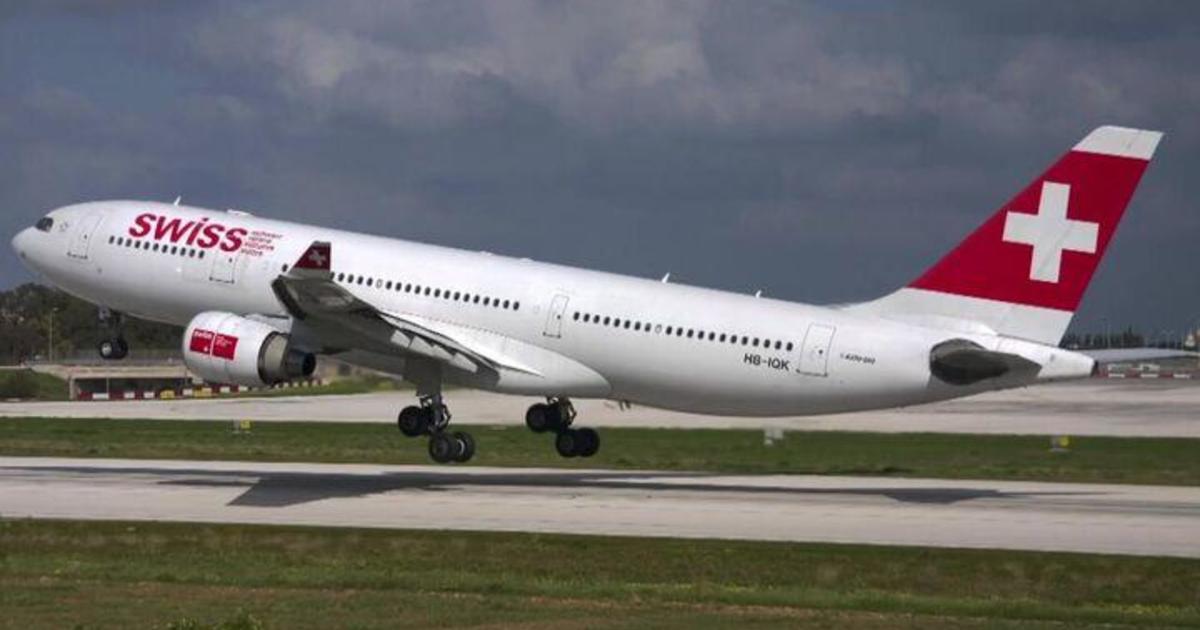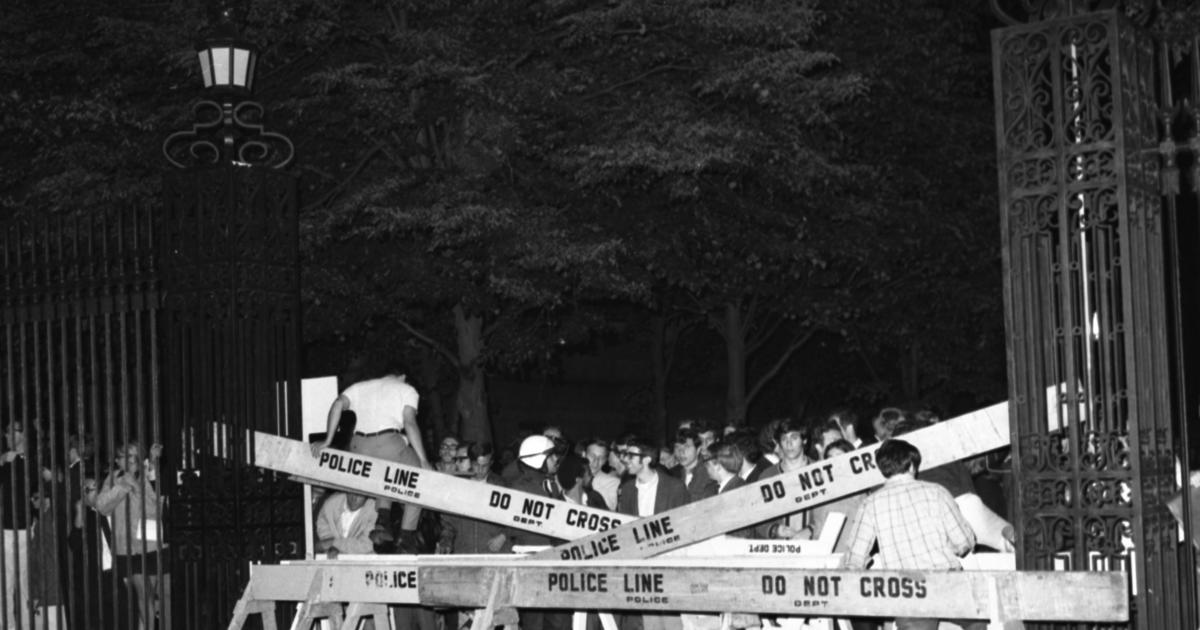West Coast Wildfires Again Cause Air Quality Advisory Over Our Area
NEW YORK (CBSNewYork) - It's not only hot and humid, but it's hazy.
There's an air quality advisory in effect until 11 p.m.
It's caused by fine particulate matter brought on by wildfires on the West Coast.
The Air Quality Index at 5 p.m. was 122 - it should be 30.
It's the second such air quality advisory in a little more than a week.
Experts say it's still safe to go outside, even with all the smoke particulates in the air, though some may have to take care.
Experts say climate change is driving the record droughts and fueling fires on the West Coast, so this smoky haze could be a recurring theme here.
New York state officials issued an air quality health advisory for the entire state.
Air quality health advisories are issued when state officials say the Air Quality Index (AQI) rises above 100. The AQI can be driven by pollution, ozone, and fine particulate matter - in this case, haze from the wildfires.
Officials say exposure to fine particulate matter can irritate your eyes, nose and throat, cause coughing, sneezing, runny nose and shortness of breath. Exposure can also worsen certain medical conditions like asthma and heart disease.
New York officials urge people to take the following steps to reduce pollution:
- Use mass transit instead of driving, as automobile emissions account for about 60 percent of pollution in our cities. During the current COVID-19 pandemic, people are strongly advised to carpool only with members of their households
- Conserve fuel and reduce exhaust emissions by combining necessary motor vehicle trips
- Turn off all lights and electrical appliances in unoccupied areas
- Use fans to circulate air. If air conditioning is necessary, set thermostats at 78 degrees
- Close the blinds and shades to limit heat build-up and to preserve cooled air
- Limit use of household appliances. If necessary, run the appliances at off-peak (after 7 p.m.) hours. These would include dishwashers, dryers, pool pumps and water heaters
- Set refrigerators and freezers at more efficient temperatures
- Purchase and install energy efficient lighting and appliances with the Energy Star label
- Reduce or eliminate outdoor burning and attempt to minimize indoor sources of PM 2.5 such as smoking.
For more information, CLICK HERE.
Nick Caloway contributed to this report. Editor's note: This story was first published on Tuesday, July 21.



